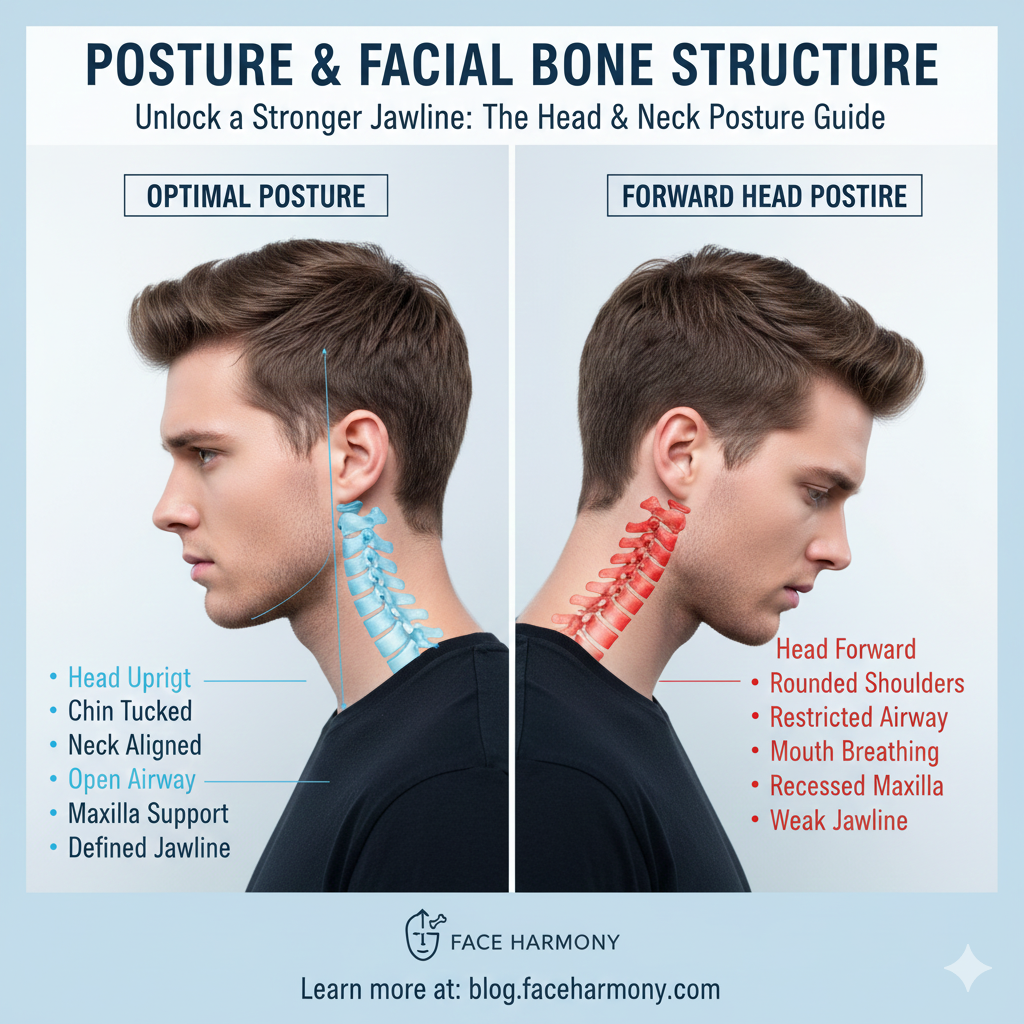When it comes to our oral health, we often focus on brushing, flossing, and visiting the dentist regularly. However, what we eat also plays a crucial role in maintaining a healthy mouth. While we may be aware of the impact of sugary foods on our teeth, we may not realize that the texture of our food can also affect our jaw muscles.
The Mechanics of Chewing
Before we delve into the effects of hard foods on jaw muscles, let’s first understand the mechanics of chewing. The process of chewing, or mastication, involves the coordinated movement of our jaw muscles, teeth, and temporomandibular joint (TMJ). The TMJ acts as a hinge between the lower jaw (mandible) and the skull, allowing for smooth and controlled movements.
When we chew, our jaw muscles contract and relax, moving the mandible up and down and from side to side. This movement enables us to break down food into smaller, more manageable pieces, making it easier to swallow and digest.
The Impact of Hard Foods
Now, let’s explore the impact of hard foods on our jaw muscles. Hard foods, such as nuts, seeds, and certain fruits and vegetables, require more force to chew compared to softer foods. When we bite into a hard food item, our jaw muscles have to work harder to break it down into smaller pieces.
This increased effort places additional strain on the jaw muscles, potentially leading to muscle fatigue and discomfort. Over time, consistently consuming hard foods without proper jaw muscle conditioning can contribute to jaw pain, temporomandibular joint disorder (TMD), and even headaches.
Furthermore, chewing on hard foods can also put stress on our teeth. The force exerted while chewing hard foods can cause tooth fractures, enamel wear, and even lead to dental emergencies such as cracked or broken teeth. It is important to note that individuals with pre-existing dental conditions, such as weak or compromised teeth, may be more susceptible to these issues.
Tips for Maintaining Jaw Muscle Health
To maintain the health of your jaw muscles and minimize the potential negative effects of hard foods, consider the following tips:
- Practice moderation: While it’s perfectly fine to enjoy hard foods occasionally, try to balance your diet with softer options to give your jaw muscles a break.
- Chew slowly and mindfully: Take your time while eating and make a conscious effort to chew your food thoroughly. This will not only ease the strain on your jaw muscles but also aid in better digestion.
- Consider alternatives: If you find it challenging to consume certain hard foods, explore alternative options. For example, you can opt for nut butters instead of whole nuts or choose softer varieties of fruits and vegetables.
- Seek professional advice: If you are experiencing persistent jaw pain or discomfort, it is advisable to consult a dental professional. They can evaluate your jaw muscles and provide personalized recommendations to alleviate any issues.
Remember, maintaining a balanced diet that includes a variety of foods is essential for overall oral health. By being mindful of the impact of hard foods on our jaw muscles, we can make informed choices that promote a healthy and pain-free mouth.
In conclusion, the texture of our food can have a significant impact on our jaw muscles. Consuming hard foods regularly without proper moderation and conditioning can lead to muscle fatigue, discomfort, and potential dental issues. By understanding the mechanics of chewing and following the tips mentioned above, we can maintain the health of our jaw muscles and enjoy a diverse range of foods without compromising our oral well-being.




